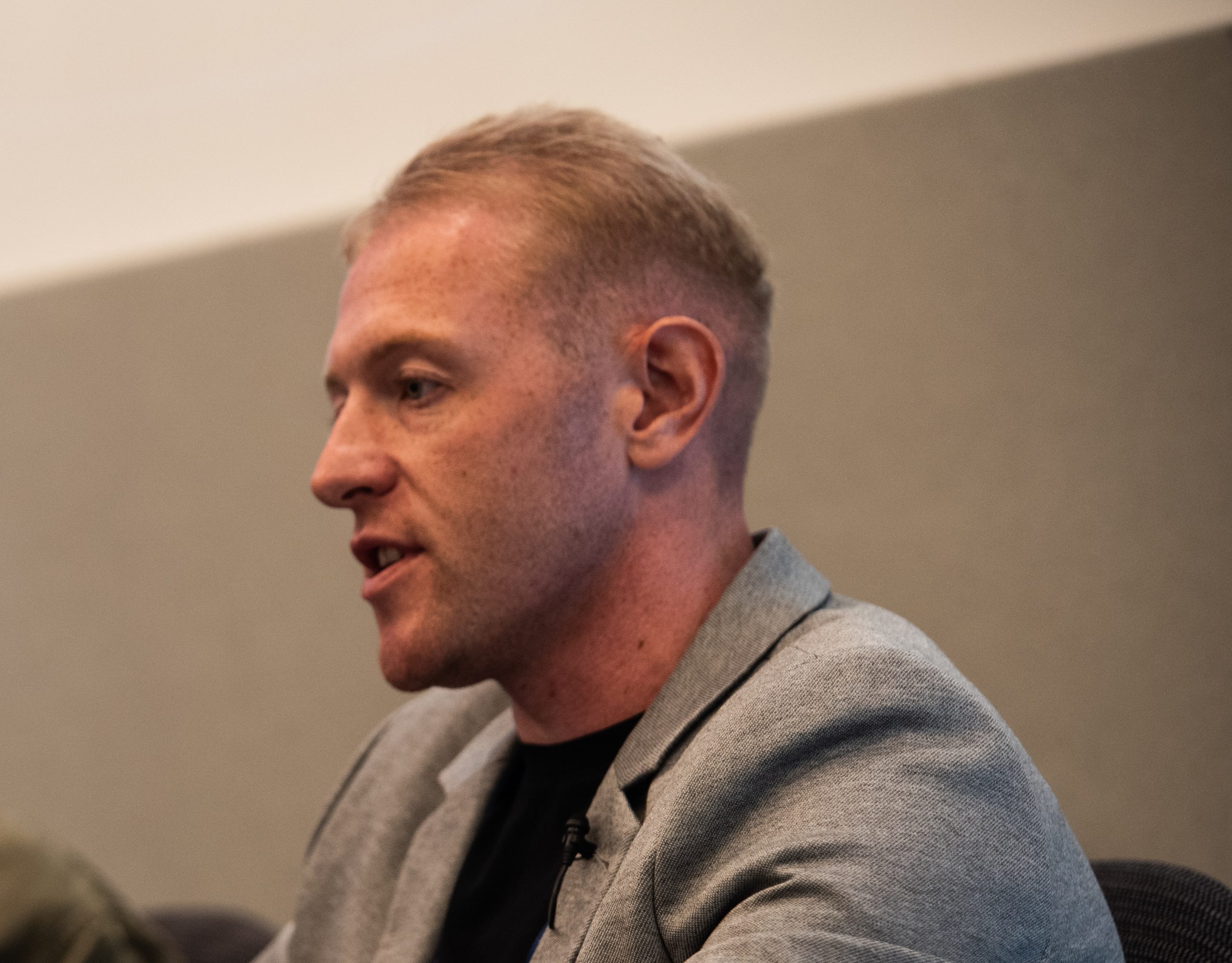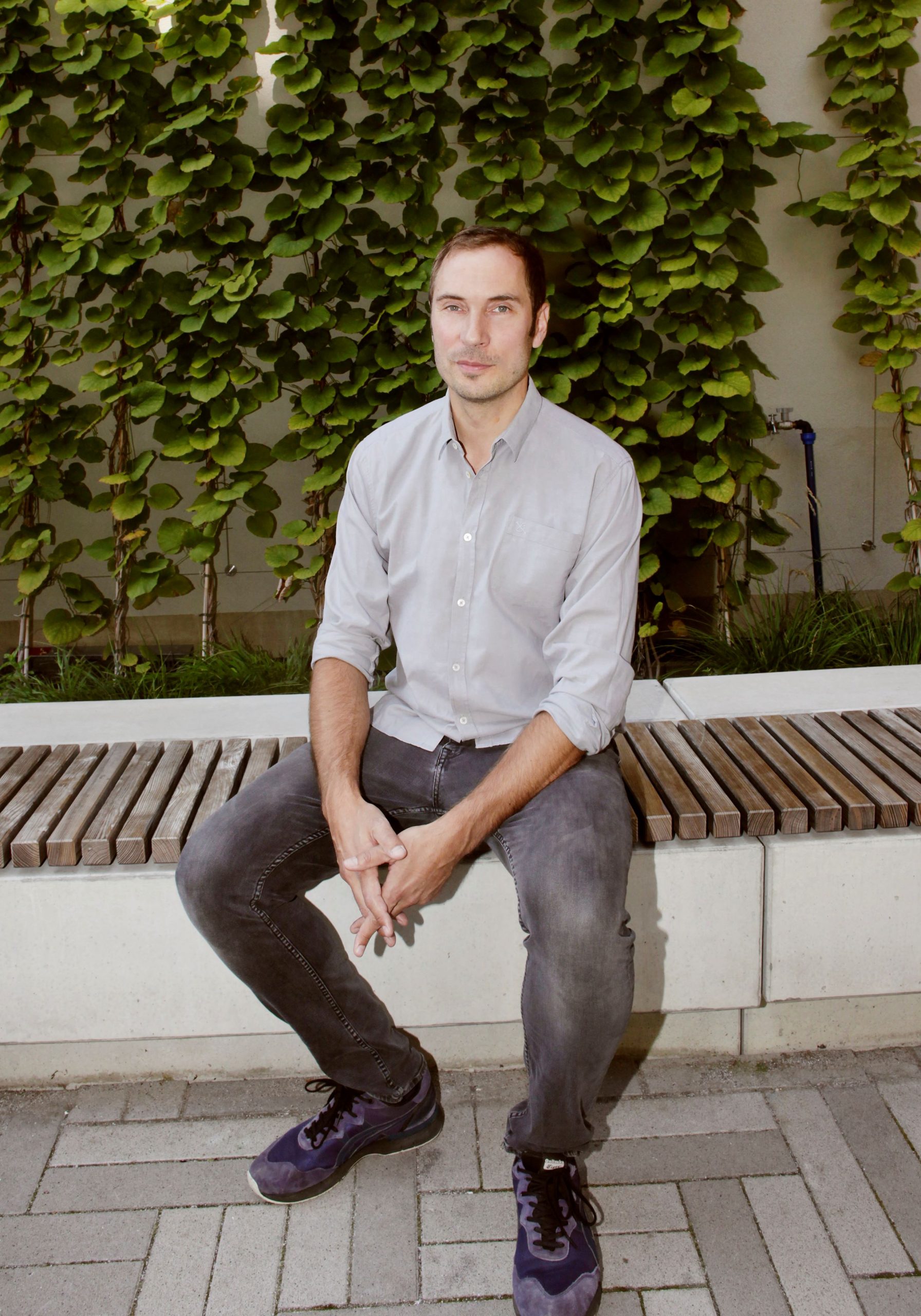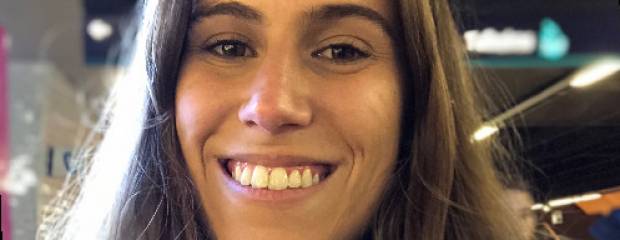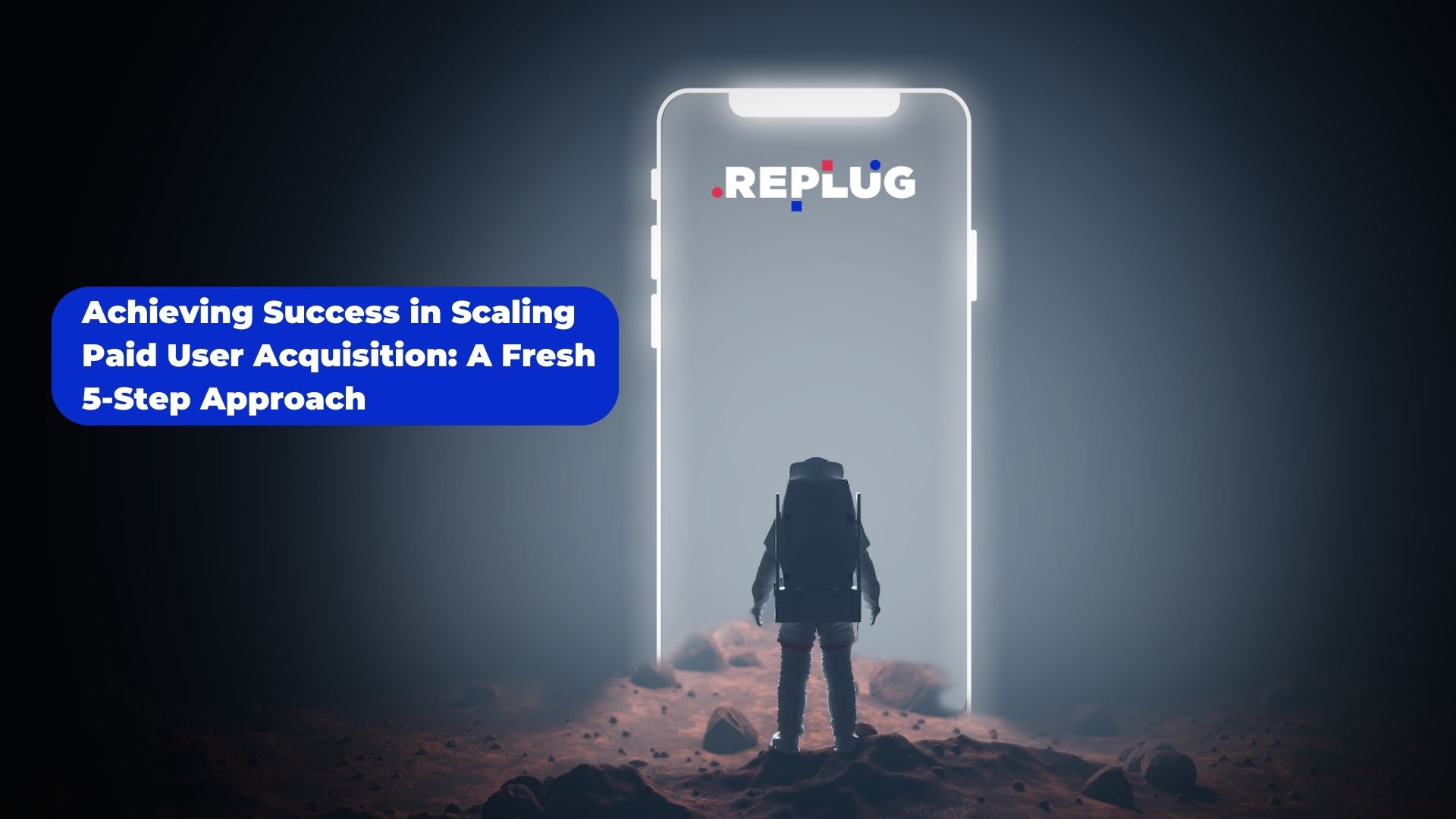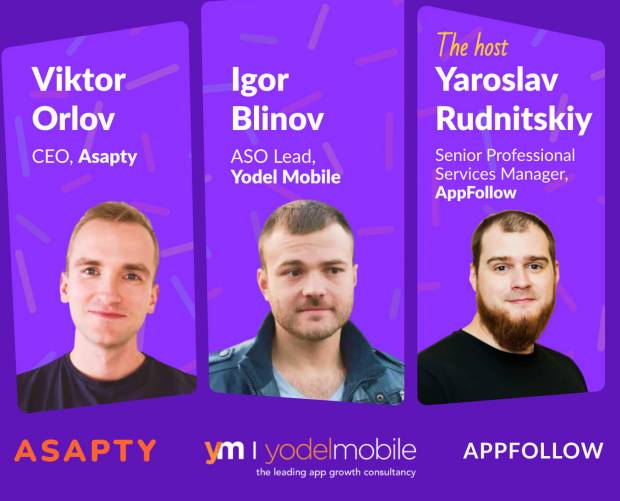Jon Mew, CEO of IAB UK, looks back on a challenging year for digital advertising.
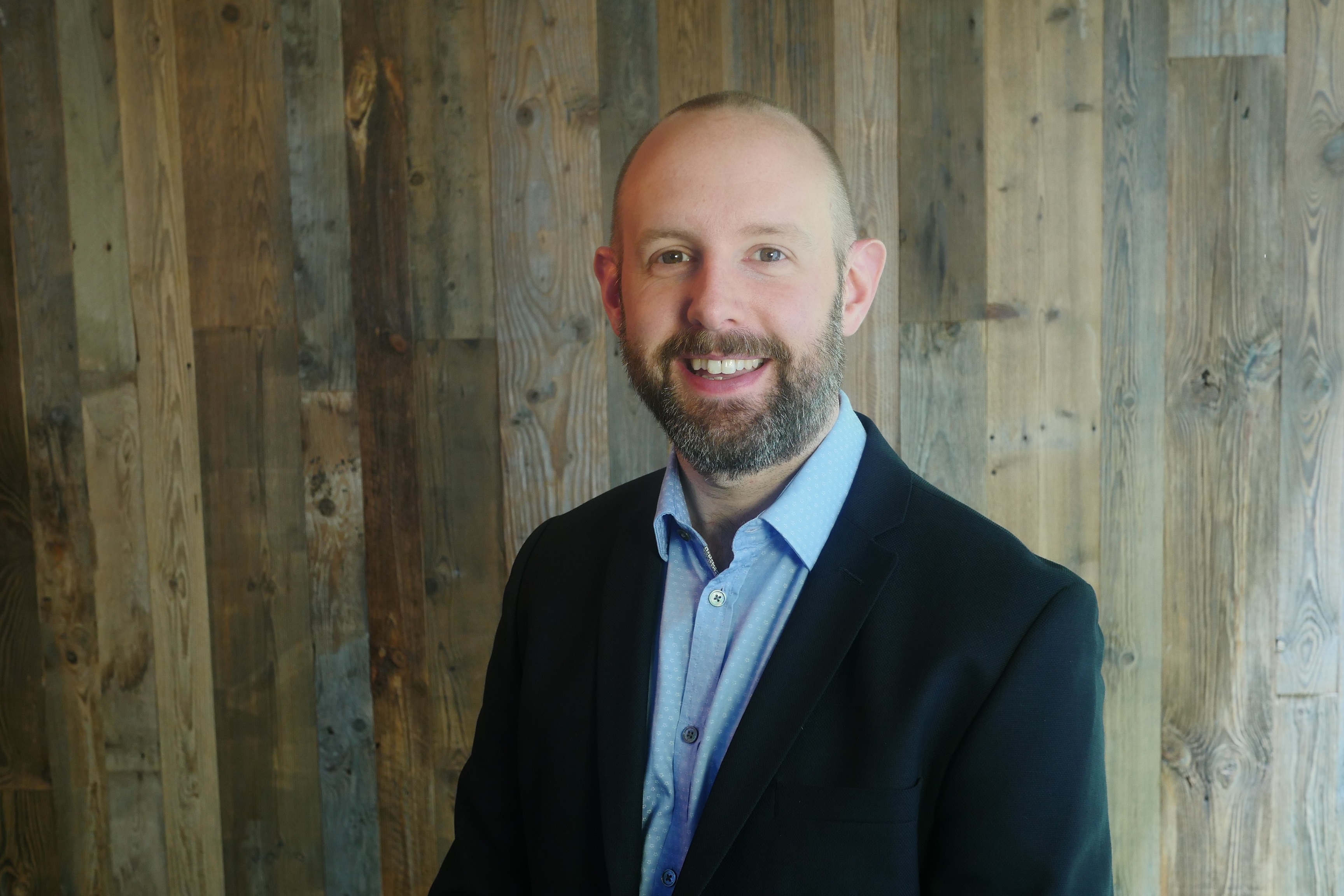 It feels inevitable that 2018 is remembered in advertising circles as a year of change. In particular, with GDPR coming into force on 25 May, how the industry acquires, processes and monetises consumer data came under the spotlight. We don’t need to dwell on the tabloid headlines that have plagued our industry this year. Needless to say, at the IAB we take these challenges seriously. One of our three guiding principles is to tackle and address the big issues. It is vital that the advertising industry regains the trust of consumers. To do so, everyone within the value chain must act in a responsible manner.
It feels inevitable that 2018 is remembered in advertising circles as a year of change. In particular, with GDPR coming into force on 25 May, how the industry acquires, processes and monetises consumer data came under the spotlight. We don’t need to dwell on the tabloid headlines that have plagued our industry this year. Needless to say, at the IAB we take these challenges seriously. One of our three guiding principles is to tackle and address the big issues. It is vital that the advertising industry regains the trust of consumers. To do so, everyone within the value chain must act in a responsible manner.
Gold standard
Our commitment to this goal is embodied in the IAB UK Gold Standard, which was launched at our Engage conference in October 2017 – less than 12 months ago. In that time, we have managed to secure broad industry support for the initiative, across all parts of the value chain.
The Gold Standard has three simple but fundamental aims – to reduce ad fraud; to increase brand safety; and to improve the digital advertising experience. To achieve these, companies who register and are certified commit to the following: Reducing ad fraud through the implementation of the ads.txt initiative. This initiative from IAB TechLab shows who is authorised to sell a specific site’s inventory and prevents the selling of spoofed or fake inventory.
Increasing brand safety by working with JICWEBS to ensure that the Display Trading Standards Group (DTSG) Brand Safety Principles are valuable, applicable and continue to evolve with market expectations.
Improving the digital advertising experience by adhering to the LEAN principles and the standards set by the Coalition for Better Advertising and never using the 12 bad ad formats that offer people a poor digital advertising experience in desktop web or mobile web environments.
At the time of writing, 50 companies have been fully certified and a further 40 have registered to do so. There have been some suggestions that this initiative has been more heavily supported by the sell-side – media owners, publishers and tech vendors who supply the advertising inventory to brands and media agencies. However, the buy side is playing a key role by mandating DTSG accreditation, only purchasing ads that adhere to the Coalition for Better Advertising standards, and expecting their buy-side partners to include ads.txt traffic selection in their platforms. Because of these demands, the supply side is responding accordingly.
It should also be noted that the sell-side is more accustomed to completing technical audits and the subsequent engineering development required, particularly with regards to JICWEBS and DTSG. This requirement was previously on media owners and ad tech partners to implement and agencies and brands to enforce. This is no longer the case. Whilst accreditation is designed to be as simple to implement as possible, the process still requires internal resource and time. However, this is still only part of the story. Whilst there are currently three media agencies already fully certified – including two major networks, GroupM and Publicis Media – there are a further seven that are registered and in the process of completing the accreditation. These agencies have all been vocal supporters of the Gold Standard aims since launch.
Copyrighted content
Outside of the Gold Standard, the IAB recently signed the ‘Memorandum of Understanding (MoU) on online advertising and intellectual property rights’, facilitated by the European Commission, to demonstrate our commitment to helping ensure that ads aren’t placed on pirate sites hosting copyrighted content. The MoU brings together advertisers, advertising intermediaries, technology providers and trade bodies to help stem the flow of advertising budgets to sites and apps that provide illegal access to music, films, games, live sports and other copyrighted content.
It’s important that as an industry we clearly demonstrate to governments and regulators that we are acting responsibly and that co-ordinated self-regulation, through these kind of initiatives, is the most effective way to address the challenges we face. We are proud of what we’ve achieved so far, but know there is more to be done. We are pleased that every part of the digital advertising ecosystem has responded positively to our goals and in particular their support of the IAB Gold Standard. However, it is only by continuing to work together, in a positive and constructive manner that we will all achieve our aims and build a sustainable future for digital advertising.
This article first appeared in the September 2018 print edition of Mobile Marketing. You can read the whole issue here.







